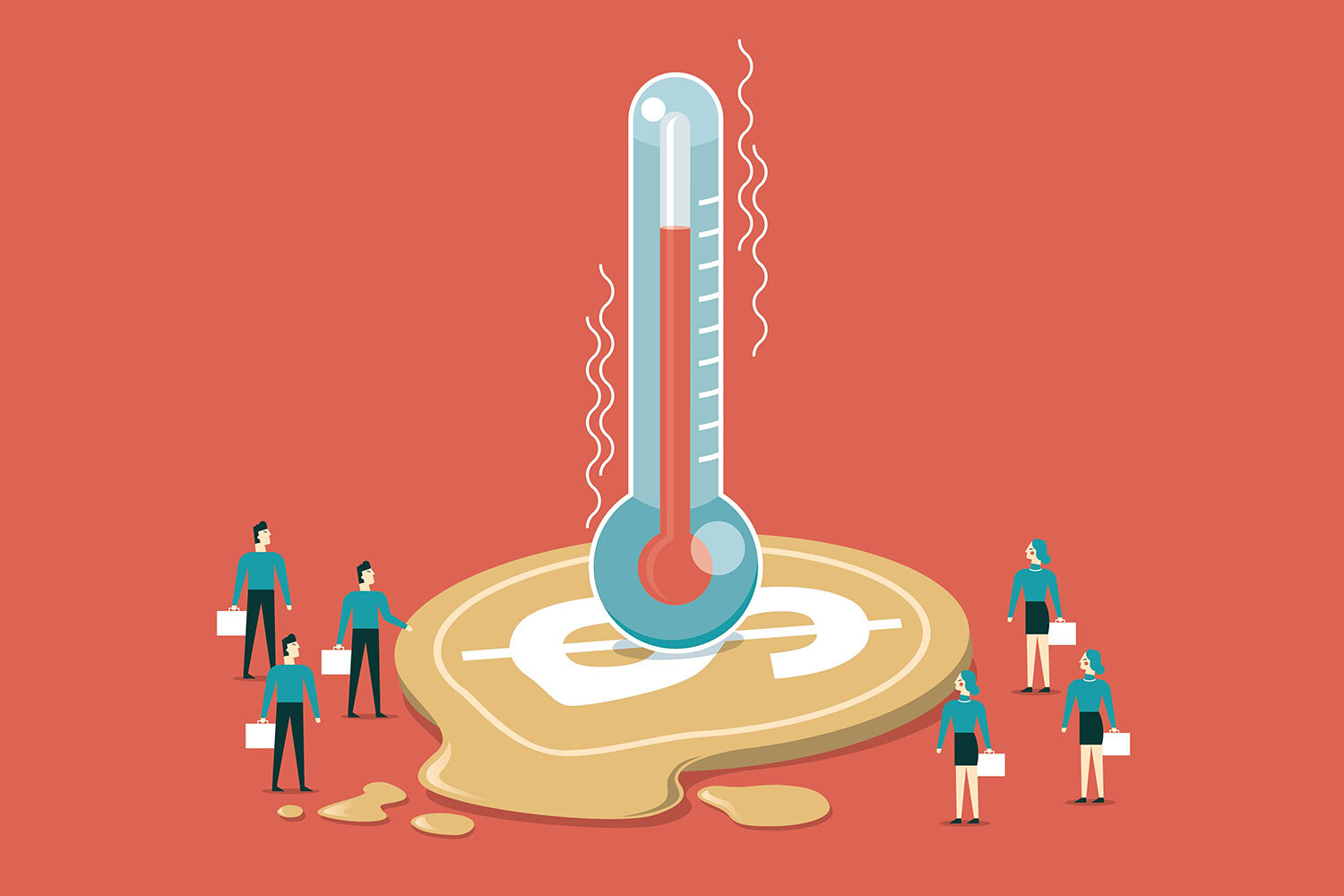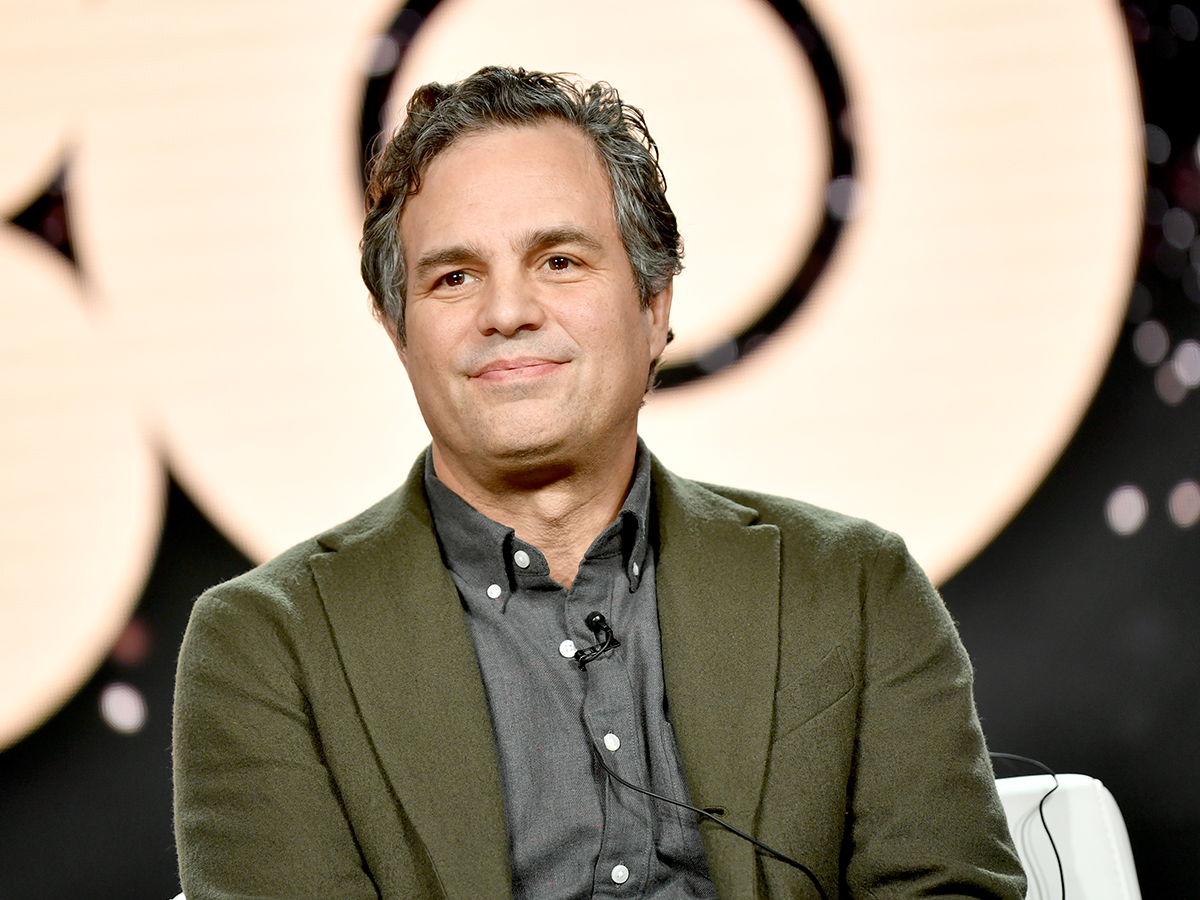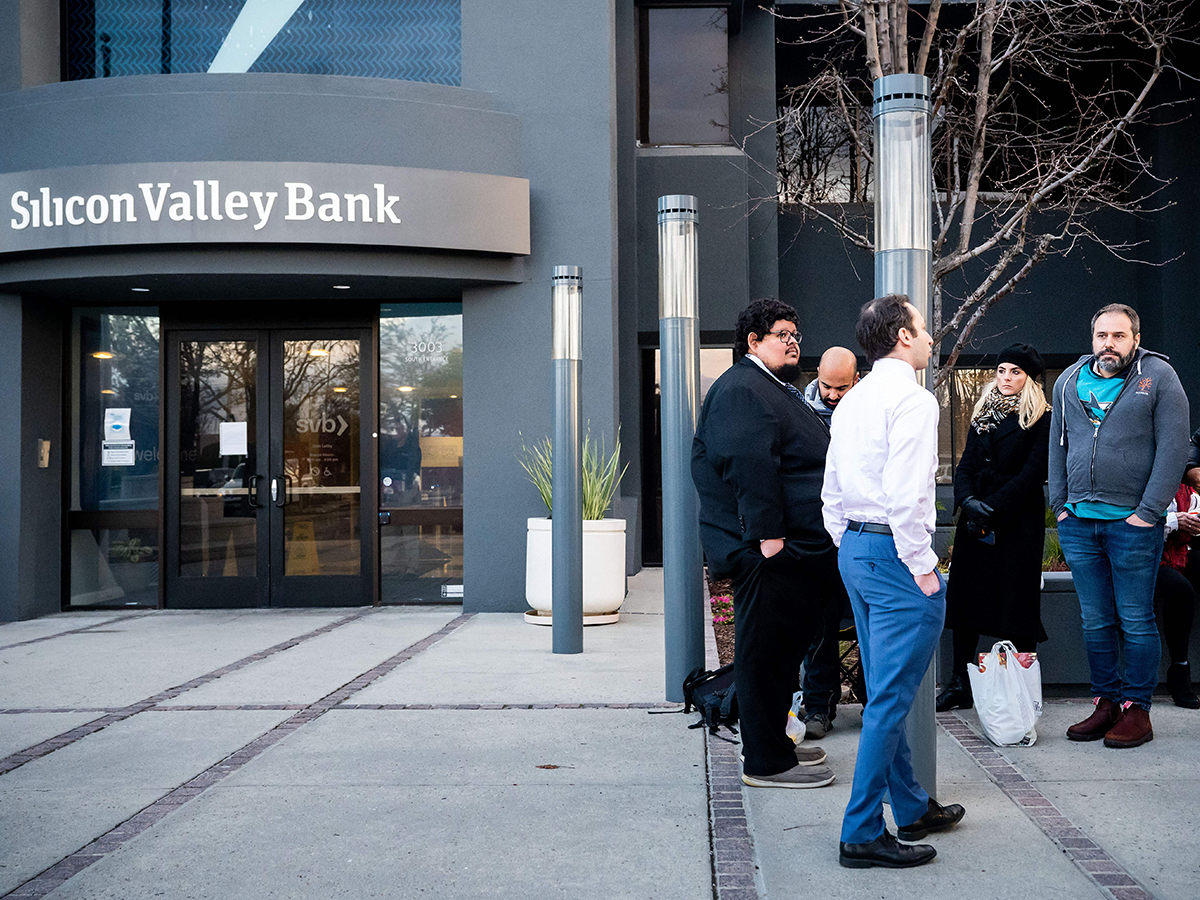Climate Change Is Influencing How Young People Invest Their Money

The climate crisis and its effects are front of mind for many Canadians. A recent Ipsos study found that 73 per cent of Canadians believe the world is headed towards environmental disaster, unless there’s an effective transition away from fossil fuels and a significant reduction in greenhouse gas emissions by 2030. Young Canadians in particular are worried about how global warming will impact the future: A 2023 study from Lakehead University found that eight in 10 respondents aged 16 to 25 say their mental health is negatively affected by fears and anxiety related to climate change.
For many Gen Z-ers and younger Millennials, who are now in their early 20s to mid-30s, climate change is also transforming the way that they think about their financial futures. For example, a recent survey by BNN Bloomberg and financial-product comparison site RATESDOTCA found that 60 per cent of homeowners under the age of 34 are reconsidering where they want to live because of climate change. These buyers are avoiding places that have experienced recent extreme weather events, like flooding and forest fires, which not only cause stress for homeowners, but can increase insurance rates.
Aside from property decisions, young Canadians are also taking a much different approach than their parents when it comes to investing their cash: They’re opting for eco-conscious options and spending time researching individual companies that better align with their climate beliefs.
The rise in eco-conscious investments
People under the age of 35 are playing a significant role in the growth of ESG-conscious investing, an approach that considers the environmental, social and corporate governance impact of a company or fund. This might mean taking into account a company’s environmental impact, whether or not a mutual fund has divested from fossil fuels or if a corporation uses toxic chemicals that might wreak havoc on ecosystems. According to Ipsos, 71 per cent of Canadians aged 18 to 34 say that ESG plays an important role in purchasing decisions and investment strategies.
Related: Mikayla Wujec Wants Everyone to Enjoy the Outdoors
“Young people want to feel like their money isn’t doing anything bad,” says Jan Mahrt-Smith, an associate professor who teaches sustainable finance at the University of Toronto’s Rotman School of Management and the School of the Environment. “Even if they’re investing through banks, they’re investing in funds that are not investing in entities that are contributing to climate change.”
And unlike previous generations, Gen Z is putting their money to work sooner: Almost a quarter of Canadian Gen-Zers began investing before they were 18, compared to nine per cent of Gen X investors, 2023 research from the CFA Institute and the Financial Industry Regulatory Authority found.
“Young people want to feel like their money isn’t doing anything bad”
The way that Gen Z and Millennials work also explains the shift towards earlier and more bespoke investments. In Canada, 40 per cent of Millennials are part of the gig economy, which means they might not have access to the retirement savings options their parents did. Previous generations were employed more stably, so they had access to pensions, employee-backed RRSPs and other tools for saving for retirement—which don’t typically allow investors to pick where their money is invested. Instead, young Canadians are self-directing their money and looking for investments that align with their beliefs.
How to make climate-conscious investments
To plan for a strong financial future, Mahrt-Smith first recommends building a well-diversified portfolio. And, if you’re looking for climate-conscious investments, looking for an ESG fund (whether that’s through a bank or an app) is a good way to keep your money safe while ensuring that you’re not investing directly in fossil fuels.
According to Mahrt-Smith, many young investors are picking investments that market themselves as sustainable—like companies that purport to be carbon neutral, or ESG exchange traded funds (ETFs), so those sorts of funds and firms are getting a boost in popularity. And while this is an imperfect approach—many ESG ETFs are run by banks and companies that also fund the fossil fuel industry—it shows that people are at least considering greener investments.
It’s important to note that young investors aren’t choosing these imperfect options because they’re lazy, or don’t know better. The environment is a relatively new concern for investors, and banks and other financial institutions are playing catch-up on this growing market. There are not as many of these options available yet, but there are an endless amount of mutual funds or non-ESG ETFs. These realities might cause climate-conscious people to invest in specific companies through money-management apps like Wealthsimple. That way, they can pick investments that align with their values and opt out of investing at a bank or in a mutual fund. (All five of the big Canadian banks make the top 20 list of oil and gas funders globally.)
Related: Are Reusable Grocery Bags Any Better for the Planet Than Single-Use Ones?
After putting the majority of your money into a well-diversified portfolio, Mahrt-Smith suggests taking a smaller portion of your investment budget and investing in companies or with investment firms that align with your beliefs. This looks different for every investor, but thinking about what you want your money to do in the world and what sorts of enterprises you want to support is the first step. Then, find investments that align with that worldview. This might take more time and effort, especially as so many companies and firms are eager to say they’re carbon-neutral or sustainable while a different branch of their organization continues to support fossil fuels. But, if climate-conscious investments are important to you, it’s worth the work.










